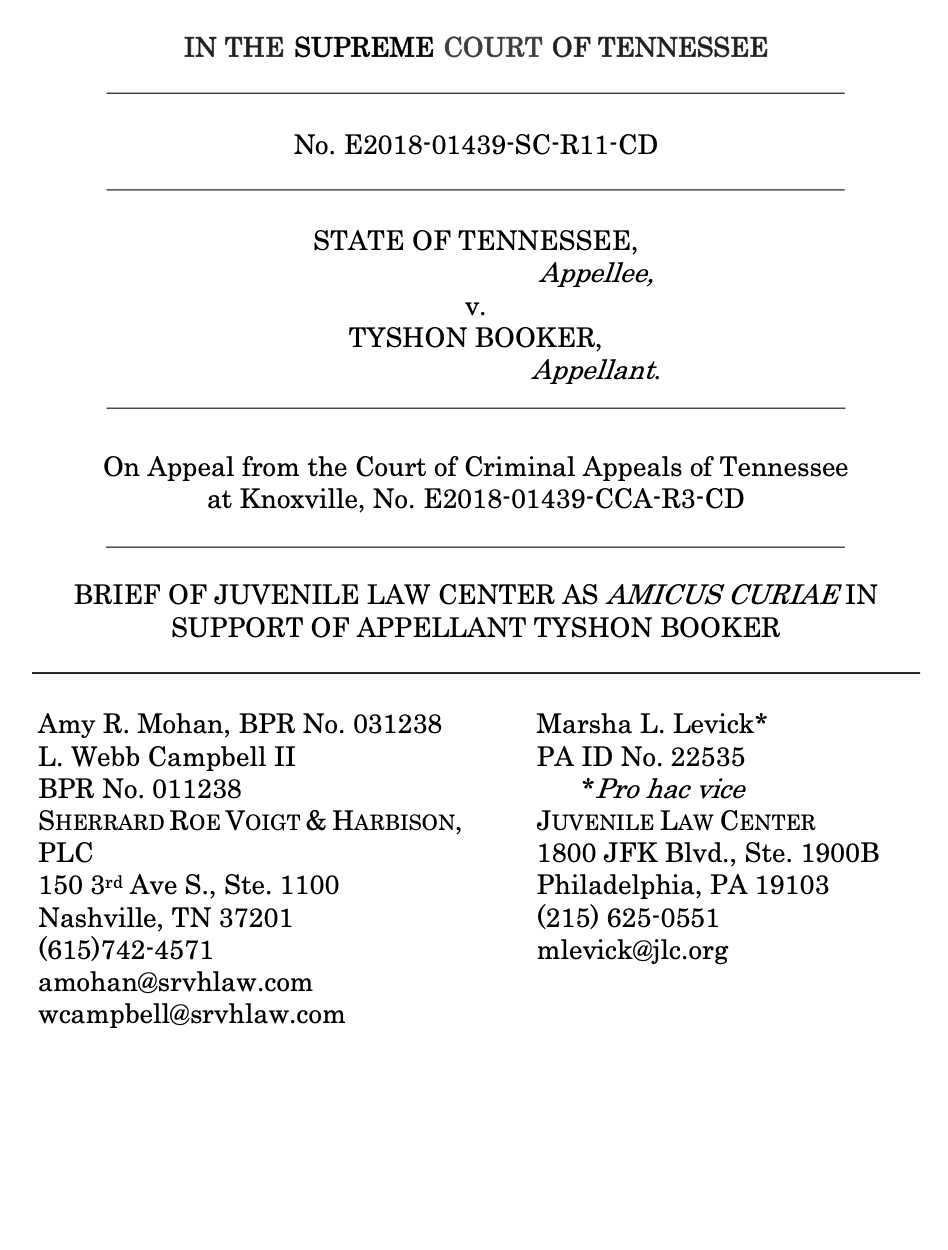
Summary of Argument
As the United States Supreme Court has recognized, youth matters in criminal sentencing. Individuals who commit crimes while under 18 years of age are less culpable than adult offenders and are presumed to have the capacity for rehabilitation. United States Supreme Court precedent thus requires courts to consider the hallmark characteristics of youth before sentencing children to the harshest sanctions normally imposed upon adults. Miller v. Alabama, 567 U.S. 460, 479 (2012) (quoting Graham v. Florida, 560 U.S. 48, 75 (2010)). As the Supreme Court has repeatedly held, “children are constitutionally different from adults for purposes of sentencing.” Miller, 567 U.S. at 471; see also Graham, 560 U.S. at 68-69; Roper v. Simmons, 543 U.S. 551, 569-70 (2005); see also Montgomery v. Louisiana, 136 S. Ct. 718, 733 (2016) (holding Miller retroactive on collateral review.)
In place of mandatory sentences, the Court in Miller instructed sentencing courts to engage in individualized assessments of youth defendants’ “characteristics and circumstances.” 567 U.S. at 476. The Court set out factors for sentencing courts to consider as part of those factual assessments. Id. at 477-78. The Court explained that when the factors are correctly applied, very few juvenile defendants should receive sentences of life imprisonment without parole. Id. at 479.